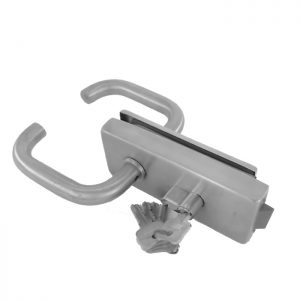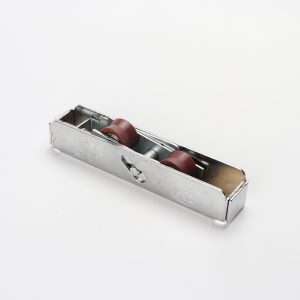Locksport is a subculture and recreational activity that involves the art and practice of lock picking, as well as understanding the mechanics and security of locks and other physical security devices. Locksport enthusiasts, often referred to as “locksporters,” engage in this activity as a hobby, aiming to learn about locks, improve their lock-picking skills, and sometimes even participate in competitive events.
Here are some key points about locksport:
- Skill Development: Locksport involves developing the skill of manipulating locks to open them without the original key. Enthusiasts study lock mechanisms, understand vulnerabilities, and practice techniques to bypass locks using various tools.
- Education: Many locksporters are interested in the field of security and locksmithing. They often see their activities as a way to educate themselves and others about the strengths and weaknesses of different locking systems.
- Ethics and Legality: Most locksport enthusiasts emphasize the ethical and legal aspects of their activities. Locksport is typically pursued as a legal and non-destructive hobby, with participants avoiding any illegal or harmful actions.
- Community and Events: Locksport has a strong community aspect. Enthusiasts often come together at meetings, conferences, and events to share knowledge, discuss techniques, and even compete in lock-picking challenges.
- Sport and Competition: Locksport events can include competitions where participants race against the clock to pick locks or solve specific challenges. These competitions test both speed and accuracy in lock manipulation.
- Security Awareness: Locksport can contribute to a greater understanding of security vulnerabilities. By understanding how locks can be bypassed, locksporters can offer insights to locksmiths, security professionals, and manufacturers to improve the security of their products.
- Legal Considerations: Laws regarding lock-picking tools and techniques vary by jurisdiction. In many places, possessing lock-picking tools with the intent to commit a crime is illegal. However, owning these tools for educational or recreational purposes is generally lawful.
- Responsible Use: Responsible locksporters emphasize that their skills should not be used for illegal activities or malicious intent. They promote ethical behavior and respect for security measures.
- Contribution to Security Industry: Some locksport enthusiasts transition into careers in locksmithing, physical security, or cybersecurity due to their interest and expertise in the field.
- Media and Online Presence: Locksport has gained visibility through online platforms, forums, social media, and even YouTube, where enthusiasts share their knowledge, techniques, and experiences.
It’s important to note that while locksport can be a fascinating and educational hobby, it’s essential to adhere to legal and ethical guidelines. Engaging in locksport responsibly and respectfully contributes to the broader understanding of security and helps promote better-designed and more secure locking systems.








